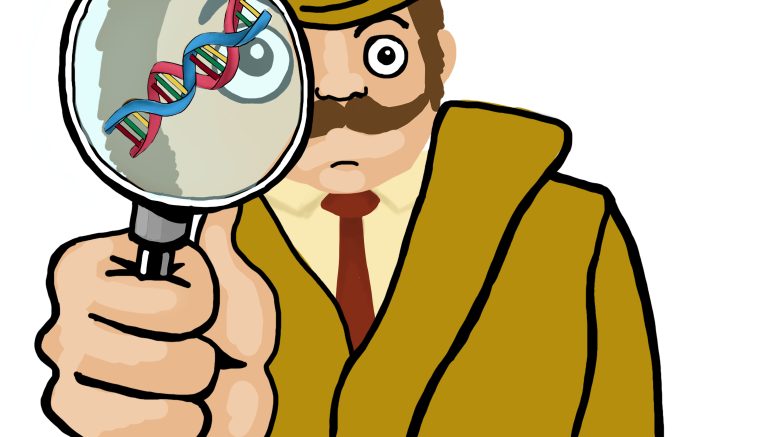My mom said that every parent’s worst fear is what happened to three-year-old Madeleine McCann in 2007 when she disappeared from her family’s accommodations while vacationing in Portugal.
Fast forward to this past February, when a Polish woman named Julia took to the internet claiming she had evidence that she was the missing child. With much anticipation from the true crime fanatics of the world, Julia has said that she wants to submit her DNA for testing in the hopes of coming up with a concrete answer as to whether or not she is the missing child.
It is possible that she may use a genealogy site to try to trace her family lineage, similar to 23andMe. This got me thinking about Joseph James DeAngelo Jr., better known as the Golden State Killer, who was identified and arrested nearly 50 years after his murder spree began thanks to DNA submitted to sites that trace ancestry.
The Los Angeles Times reported that investigators used DNA from a rape kit collected from a victim of the Golden State Killer to create a fake profile on a family tree tracing site, through which they found his family members and then identified him. I am all for finding the infamous criminal, but this feels particularly sneaky to me.
The question now is whether voluntarily submitting our genetic codes to databases that may give that information to law enforcement is edging in on the realm of personal privacy. If I submit my DNA in the hopes of finding out where in Europe my Jewish ancestors emigrated from, will that be used to one day identify my long-lost relative who committed heinous crimes by police who create a fake profile?
Ancestry, another company that uses DNA to trace family trees, claims that they will only give data to government officials should they be compelled to by the proper legal documentation. The same goes for 23andMe. To me, it seems like the detectives in the Golden State Killer case found a loophole.
In trying to solve other cases that once ran cold, U.S. investigators have been known to run DNA for matches against one of the many databases like Ancestry. This could be seen as a helpful tactic or, alternatively, an abuse of power.
I think that law enforcement using lineage tracing companies to solve cases is an abuse of power. When a person agrees to the terms of service, they should be assured that their privacy will be protected and only sought out by actual relatives, not by the police trying to find someone.
Alternatively, if national and international agencies like CSIS, the FBI or INTERPOL want a database of DNA given voluntarily, then they should create that. I bet plenty of people would willingly give a sample of DNA with the hope that it would solve a case here in Canada or internationally.
The thing is, there are cases that the true-crime fanatic in me wants solved, and one way of solving them is through DNA. Take JonBenét Ramsey. JonBenét was six when she was murdered in her home. The 1996 murder case went cold, but renewed efforts delving into the magical world of genetic codes could solve her case once and for all.
This is where I am torn. I want to be assured of my privacy and of a secure exploration of family history should I decide to do so, but I also want criminals to be identified and rightly dealt with. Ultimately, I think that law enforcement parties should only be conducting investigations in a way that follows honest processes.


